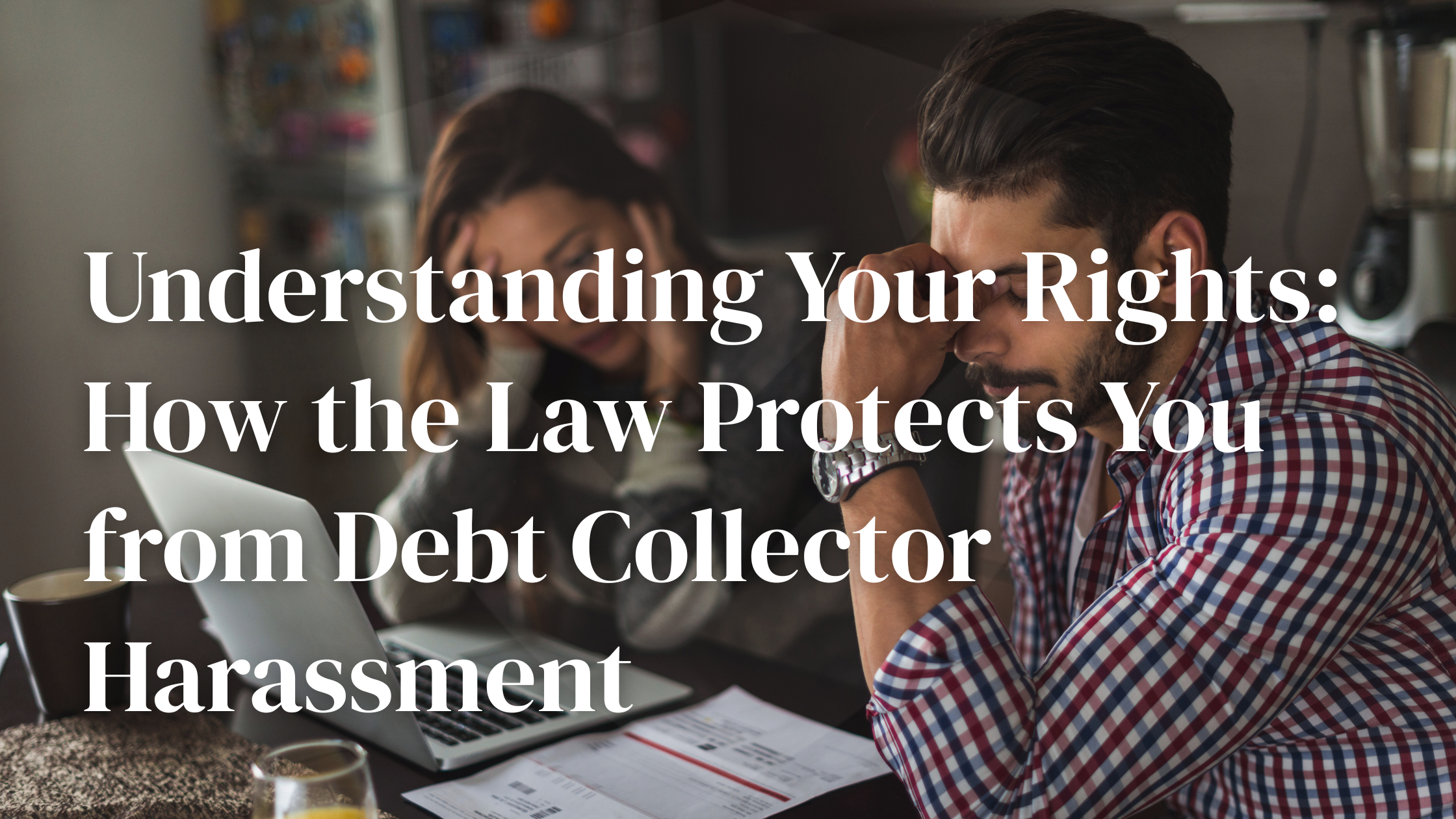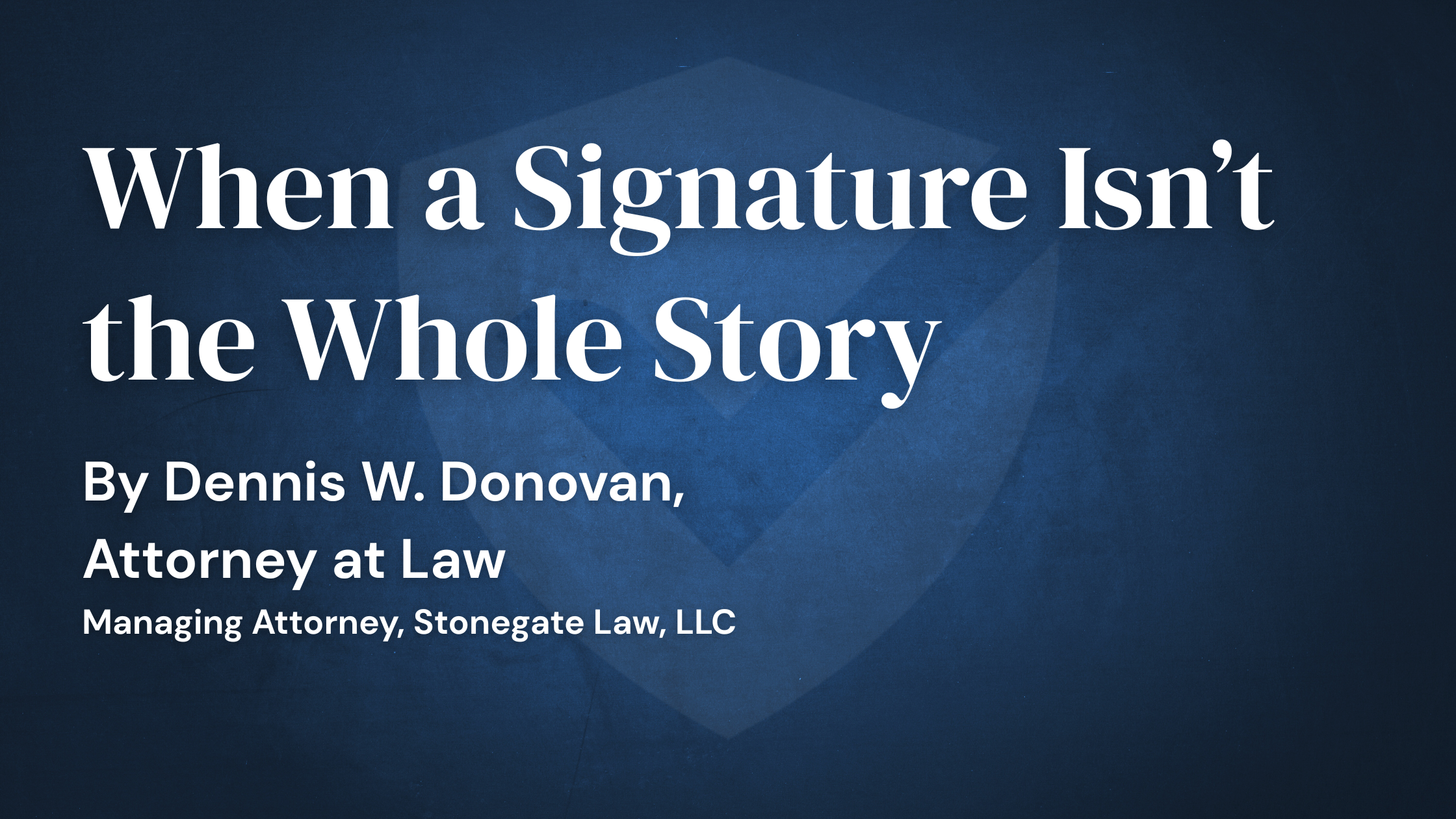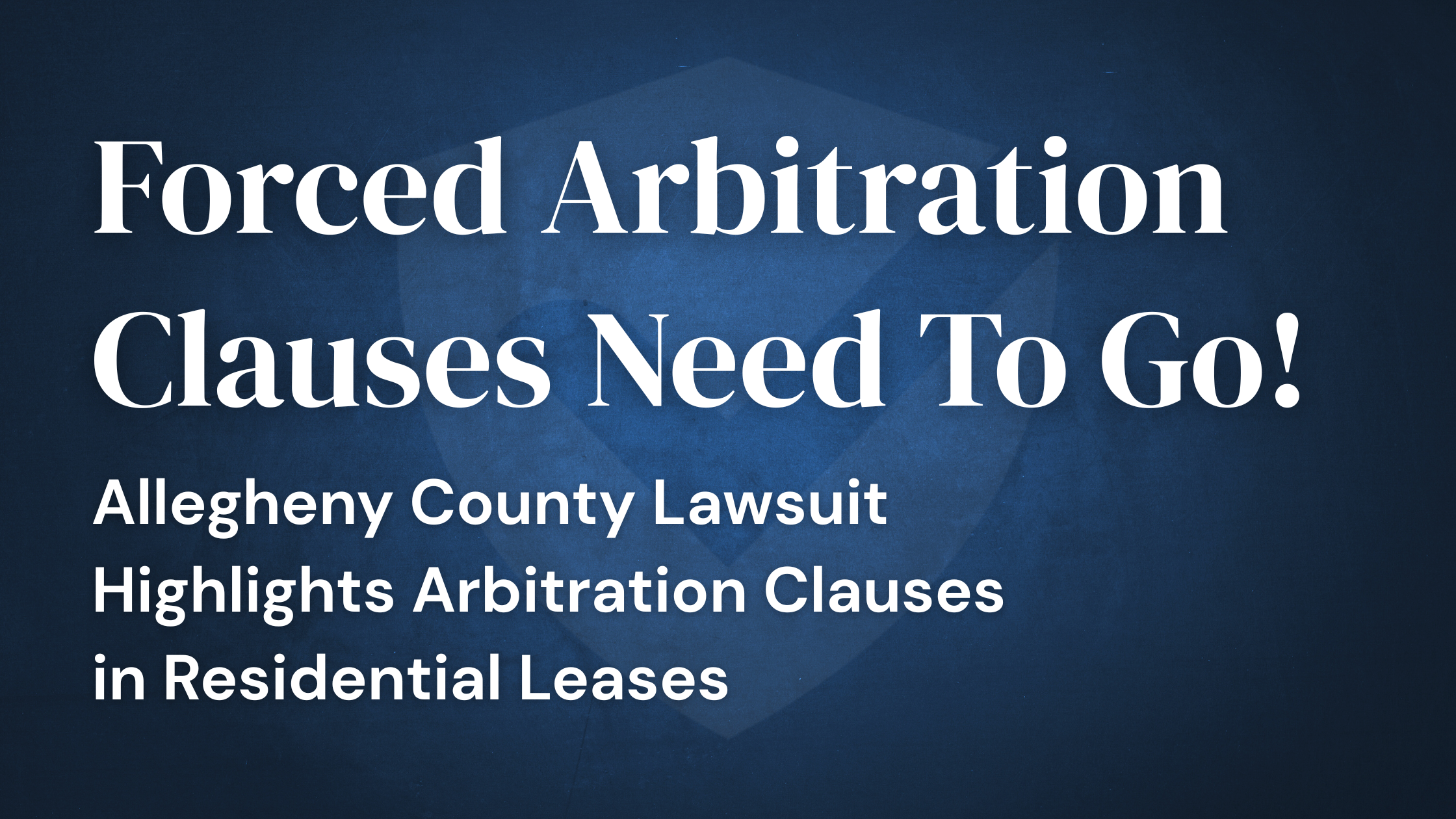If you’ve ever dealt with debt collectors, you know it can be stressful. Thankfully, a law called the Fair Debt Collection Practices Act (FDCPA) is designed to protect consumers from unfair, deceptive, or abusive practices. But what does this really mean for you? Here’s a straightforward guide to your rights.
Which debts are covered by the FDCPA?
The FDCPA protects you from abusive collection practices related to personal, family, or household debts. This includes:
- Credit card debt
- Car loans
- Medical bills
- Mortgages
It does not cover business-related debts.
When and where can debt collectors contact me?
Debt collectors can’t just contact you anytime or anywhere. They cannot:
- Contact you before 8 a.m. or after 9 p.m., unless you agree to it.
- Call you at work if you’ve told them not to.
How can I stop a debt collector from contacting me?
If you’re tired of the calls and messages, you can stop them by sending a written request:
- Write a letter clearly stating you don’t want to be contacted.
- Keep a copy of the letter.
- Send it via certified mail with a return receipt for proof.
This won’t erase your debt, but the collector should stop contacting you, except to notify you of specific actions, like a lawsuit.
Can debt collectors discuss my debt with other people?
Typically, no. Debt collectors can only talk about your debt with:
- You or your spouse
- Your attorney, if you have one
If they’re trying to locate you, they may contact others—but just once, and only for basic contact information.
What must a debt collector tell me?
Within five days of first contacting you, collectors must provide a “validation notice” in writing, clearly stating:
- How much you owe
- Who you owe it to
- How to dispute the debt if you think it’s incorrect
What if I disagree with the debt?
If you believe the debt isn’t yours or the amount is incorrect, respond within 30 days of receiving the validation notice:
- Send a letter disputing the debt or requesting verification.
- The collector must stop contacting you until they provide proof of the debt.
What practices are debt collectors prohibited from using?
The FDCPA bans debt collectors from using abusive tactics, including:
Harassment:
- Threatening violence or harm
- Using obscene or profane language
- Repeated calls intended to annoy or harass
False statements:
- Falsely claiming to be an attorney or government official
- Suggesting you’ll be arrested or face legal action if that’s untrue
- Lying about how much you owe
Unfair practices:
- Trying to collect extra fees or interest not allowed by your contract or state law
- Depositing post-dated checks early
- Threatening to take your property without legal permission
Can debt collectors decide how to apply my payments?
No. If you’re paying multiple debts to the same collector, you can specify which debt your payment covers. They can’t apply your payment to debts you dispute.
Can debt collectors garnish my wages or bank account?
Not without going to court first. If they win a lawsuit against you, they might garnish your wages or bank account. Never ignore a court summons—it’s your chance to fight back.
Are my federal benefits safe?
Many federal benefits are protected from garnishment, including:
- Social Security and SSI
- Veterans’ benefits
- Federal retirement benefits
- Federal disaster assistance
However, some exceptions apply, such as debts related to taxes, alimony, child support, or student loans.
Where can I report a violation?
If you suspect a debt collector is violating your rights, report them to:
- Your state Attorney General
- The Consumer Financial Protection Bureau (CFPB)
- The Federal Trade Commission (FTC)
What should I do if a debt collector sues me?
Always respond to a lawsuit. Contact an attorney and attend your court date. Ignoring a lawsuit means losing by default and possibly facing garnishment.
Remember, knowing your rights is the best way to protect yourself from unfair debt collection practices.





